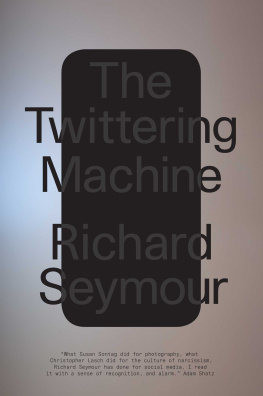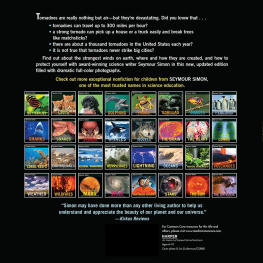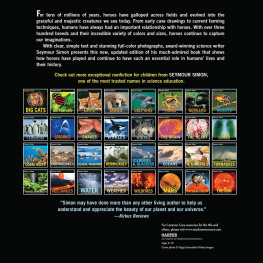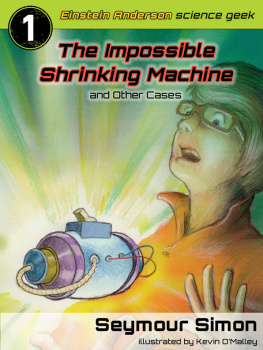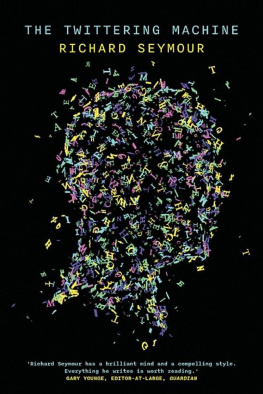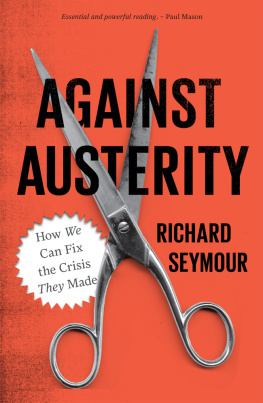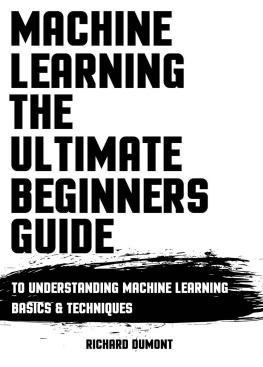Richard Seymour - The Twittering Machine
Here you can read online Richard Seymour - The Twittering Machine full text of the book (entire story) in english for free. Download pdf and epub, get meaning, cover and reviews about this ebook. publisher: Verso Books, genre: Politics. Description of the work, (preface) as well as reviews are available. Best literature library LitArk.com created for fans of good reading and offers a wide selection of genres:
Romance novel
Science fiction
Adventure
Detective
Science
History
Home and family
Prose
Art
Politics
Computer
Non-fiction
Religion
Business
Children
Humor
Choose a favorite category and find really read worthwhile books. Enjoy immersion in the world of imagination, feel the emotions of the characters or learn something new for yourself, make an fascinating discovery.
- Book:The Twittering Machine
- Author:
- Publisher:Verso Books
- Genre:
- Rating:5 / 5
- Favourites:Add to favourites
- Your mark:
- 100
- 1
- 2
- 3
- 4
- 5
The Twittering Machine: summary, description and annotation
We offer to read an annotation, description, summary or preface (depends on what the author of the book "The Twittering Machine" wrote himself). If you haven't found the necessary information about the book — write in the comments, we will try to find it.
The Twittering Machine — read online for free the complete book (whole text) full work
Below is the text of the book, divided by pages. System saving the place of the last page read, allows you to conveniently read the book "The Twittering Machine" online for free, without having to search again every time where you left off. Put a bookmark, and you can go to the page where you finished reading at any time.
Font size:
Interval:
Bookmark:

Praise for The Twittering Machine
Clever, and alarming, The Twittering Machine begins with an emphatic reminder about the role of technology in our societies: its not inherently moral or immoral, but has the power to exploit and amplify already pervasive problems.
Daniel Hahn, The Spectator
If one writer is to put the final nail in the technophilic coffin, there is perhaps no better candidate than Richard Seymour Unlike its techno-sceptic forerunners, The Twittering Machine does not shy away from confrontation. It views the psychological and sociological valences of online platforms as contiguous, asserting that the mental damage inflicted by Facebook and Twitter is inseparable from their parasitic role in a capitalist economy.
Oliver Eagleton, New Left Review
THE TWITTERING
MACHINE
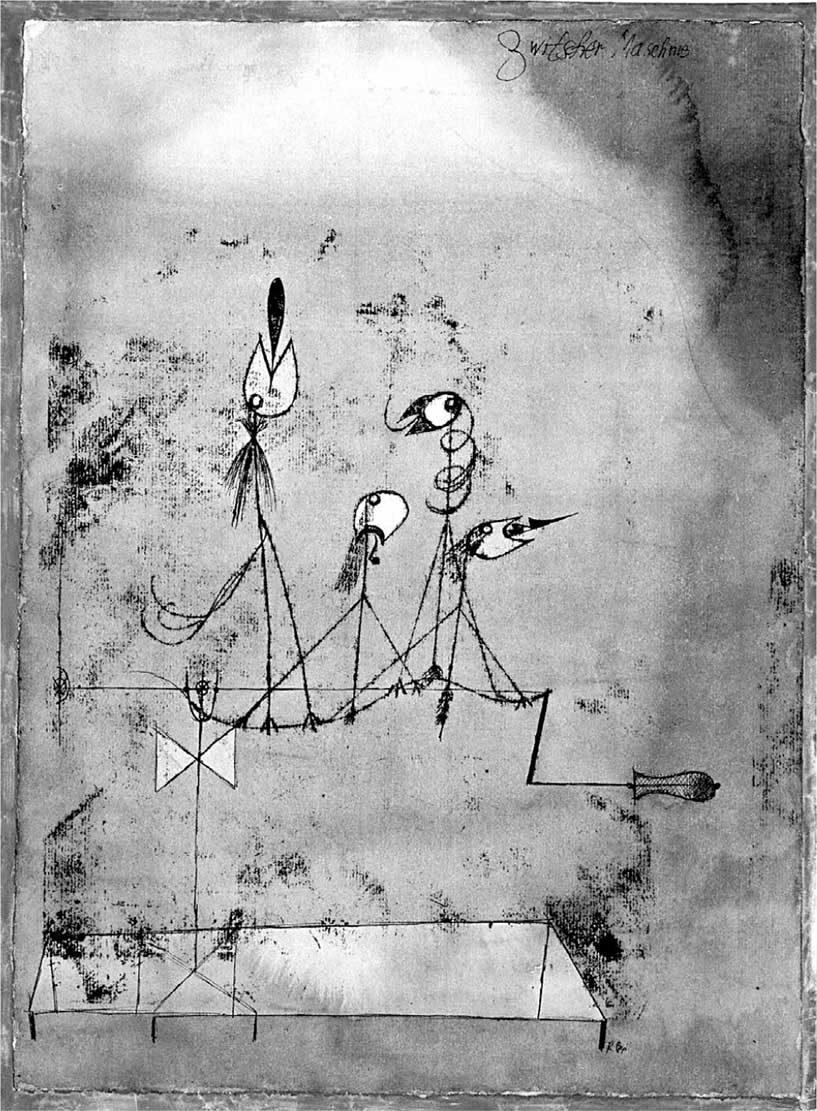
The Twittering Machine, Paul Klee, 1922
The Museum of Modern Art Photo SCALA, Florence.
THE TWITTERING
MACHINE
RICHARD SEYMOUR

This edition first published in the United States by Verso 2020
Richard Seymour 2020
All rights reserved
The moral rights of the author have been asserted
1 3 5 7 9 10 8 6 4 2
Verso
UK: 6 Meard Street, London W1F 0EG
US: 20 Jay Street, Suite 1010, Brooklyn, NY 11201
versobooks.com
Verso is the imprint of New Left Books
ISBN-13: 978-1-78873-928-3
ISBN-13: 978-1-78873-931-3 (EBK)
British Library Cataloguing in Publication Data
A catalogue record for this book is available from the British Library
Library of Congress Cataloging-in-Publication Data
A catalog record for this book is available from the Library of Congress
Typeset in Goudy Old Style by www.beyondwhitespace.com
Printed and bound by CPI Group (UK) Ltd, Croydon CR0 4YY
To the Luddites
CONTENTS
In writing this book, I set out to avoid burdening it with references and scholarship. I want it to be read as an essay, rather than as a polemic or an academic work. But for anyone who wants to know more, or simply finds themselves asking, How does he know that? there are bibliographical notes at the end. If you find yourself itching to research a quote, statistic, or fact, simply skip to the end and search under the page number for the relevant phrase.
Everything on the computer is writing. Everything on the net is writing in sites, files and protocols.
Sandy Baldwin, The Internet Unconscious
The Twittering Machine is a horror story, even though it is about technology that is in itself neither good nor bad. All technology, as the historian Melvin Kranzberg put it, is neither good nor bad; nor neutral.
We tend to ascribe magical powers to technologies: the smartphone is our golden ticket, the tablet our mystic writing pad. In technology, we find our own alienated powers in a moralized form: either a benevolent genie or a tormenting demon. These are paranoid fantasies, whether or not they seem malign, because in them we are at the mercy of the devices. So, if this is a horror story, the horror must partly lie in the user: a category that includes me, and probably most of the people reading this book.
If the Twittering Machine confronts us with a string of calamities addiction, depression, fake news, trolls, online mobs, alt-right subcultures it is only exploiting and magnifying problems that are already socially pervasive. If weve found ourselves addicted to social media, in spite or because of its frequent nastiness, as I have, then there is something in us that is waiting to be addicted. Something that social media potentiates. And if, with all these problems, we still inhabit the social media platforms as over half the worlds population does we must be getting something out of it. The dreary moral-panic literature excoriating the shallows and the post-truth society must be missing a vital truth about their subject.
Those who enjoy the social media platforms tend to like the fact that they give them a shot at being heard. It weakens the monopoly on culture and meaning formerly enjoyed by media and entertainment companies. Access isnt equal reach is bought and paid for by corporate users, PR agencies, celebrities, and so on, who also have better-funded content but it can still give marginalized voices a chance where previously they had none. And it rewards quickness, wit, cleverness, play, and certain types of creativity even if it also rewards darker pleasures, such as sadism and spite.
And if the use of social media unsettles political systems, this isnt entirely bad news for those traditionally excluded by those systems. The once-hyped idea of Twitter revolutions vastly exaggerated the role of social media in popular uprisings, and these have since been overtaken by darker forces embedded in social media, from ISIS to Mens Rights Activists (MRA) killers. But there are times when the flow of information between citizens makes all the difference; times when the traditional news media cant be relied on; times when the possibilities of social media can be put to good use. Times, generally, of crisis.
Nonetheless, the crucial part of Kranzbergs observation is that technology is never neutral. And the crucial technology, in this story, is writing. A practice that binds humans and machines in a pattern of relationships, without which most of what we call civilization is impossible. Writing technologies, being foundational to our ways of life, are never socially or politically neutral in their effects. Anyone who has lived through the rise of the internet, the spread of the smartphone and the ascent of social media platforms will have seen a remarkable shift taking place. As writing has morphed from analogue to digital, it has become massively ubiquitous. Never before in human history have people written so much, so frantically: texting, tweeting, thumb-typing on public transport, updating statuses during work breaks, scrolling and clicking in front of glowing screens at 3 a.m. To some extent, this is an extension of changes in the workplace, where computer-mediated communication means that writing takes up an ever-larger share of production. And, indeed, there is an important sense in which the writing were doing now is work, albeit unpaid. But it is also indicative of new, or unleashed, passions.
We are, abruptly, scripturient possessed by a violent desire to write, incessantly. So, this is a story about desire and violence, as well as writing. It is also a story about what we might be writing ourselves into, culturally and politically. It is not an authoritative account: that is impossible this early in the evolution of a radically new techno-political system. This book is an attempt, as much as anything else, to work out a new language for thinking about what is coming into being. And finally, if we are all going to be writers, it is a story that asks the minimal utopian question: what else could we be doing with writing, if not this?
There is in our future a TV or Internet populism, in which the emotional response of a selected group of citizens can be presented and accepted as the Voice of the People.
Umberto Eco, Ur-Fascism
I n 1922, the surrealist Paul Klee invented the Twittering Machine. In the painting, a row of stick-figure birds clutches an axle, turned by a crank. Below the device where the voices squawk discordantly is a reddened pit. The Museum of Modern Art explains: the birds function as bait to lure victims to the pit over which the machine hovers. Somehow, the holy music of birdsong has been mechanized, deployed as a lure, for the purpose of human damnation.
Font size:
Interval:
Bookmark:
Similar books «The Twittering Machine»
Look at similar books to The Twittering Machine. We have selected literature similar in name and meaning in the hope of providing readers with more options to find new, interesting, not yet read works.
Discussion, reviews of the book The Twittering Machine and just readers' own opinions. Leave your comments, write what you think about the work, its meaning or the main characters. Specify what exactly you liked and what you didn't like, and why you think so.

